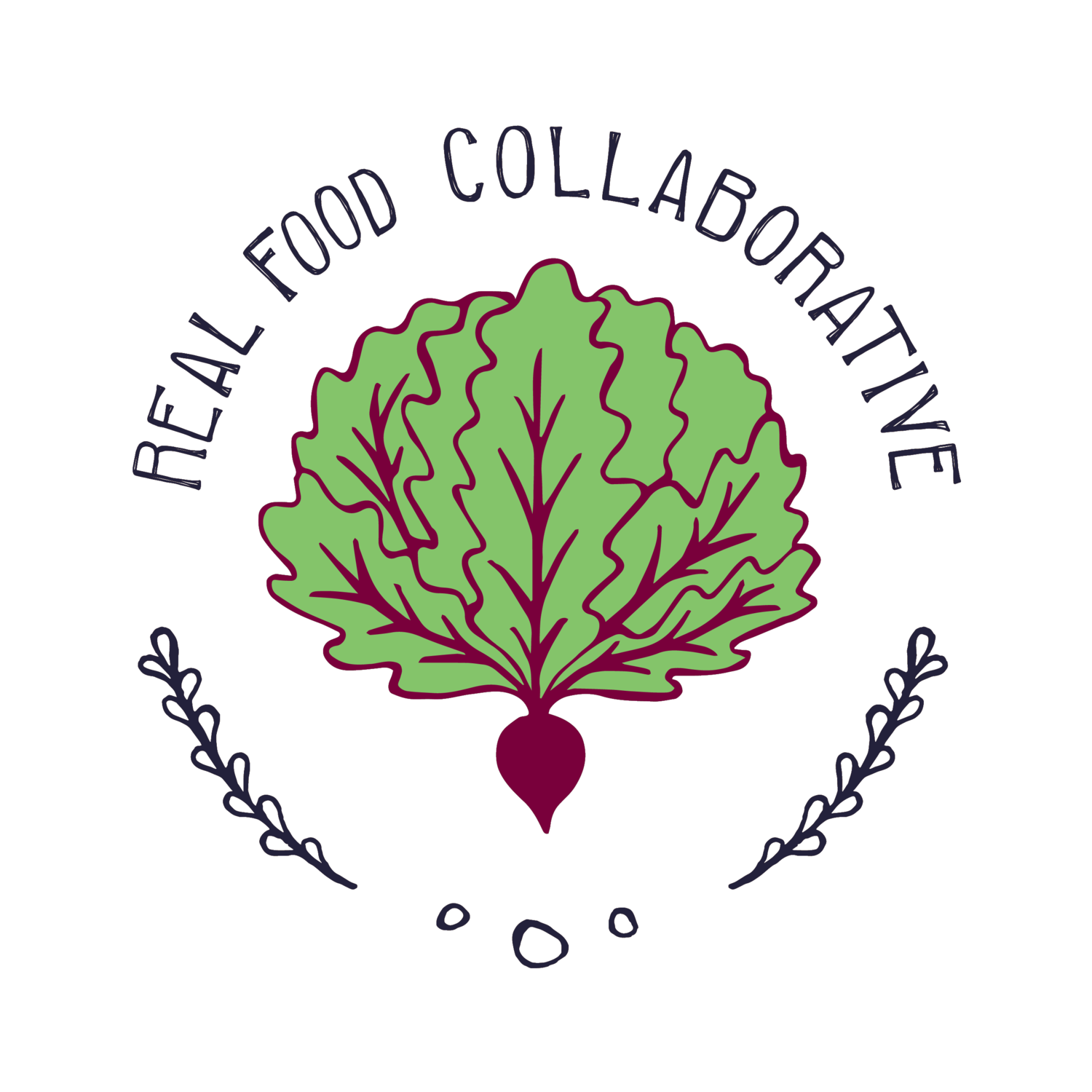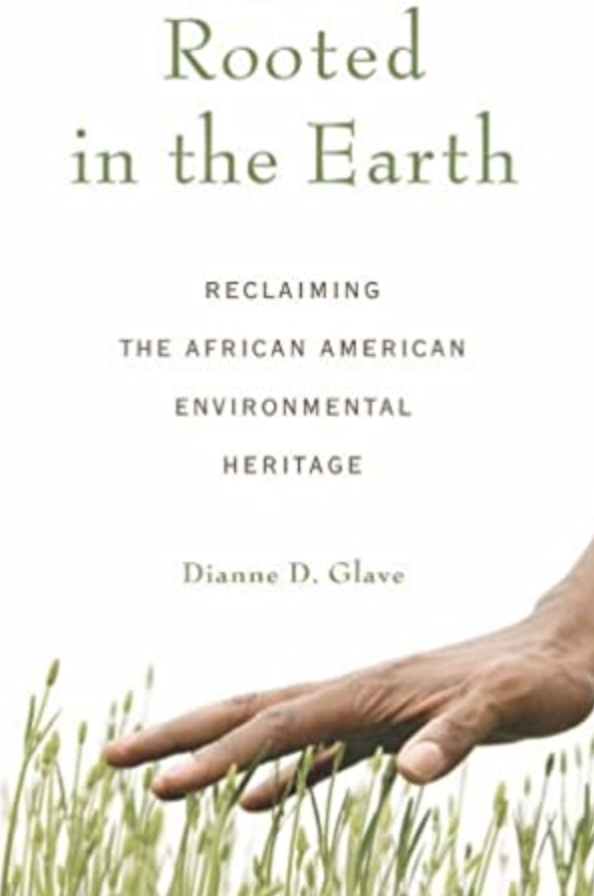
Our Statement of Solidarity
To our Cal Poly Community,
Food and anti-Black racism are deeply intertwined in the United States, dating back to the Trans Atlantic Slave Trade. Slavery laid the foundation for American cuisine through the labor and culinary contributions of enslaved Africans and Indigenous Americans. This history of violence against Black Americans continues to affect our food systems.
Cal Poly and San Luis Obispo cannot separate themselves from this legacy. We acknowledge our failure to support Black life and equitable access to culturally appropriate food. As the Real Food Collaborative, we commit to dismantling white supremacy in our food systems and striving for food sovereignty in our local communities. Hold us accountable.
Our commitments:
Mission: We've updated our mission statement to prioritize equity in our food advocacy.
Resources: Our website now includes a Social Justice Advocacy section with resources supporting Black-owned farms, Black chefs, and Black environmental justice authors.
Actions: We've donated club funds to @blackearthfarms and support @calpolygardenclub's fundraiser for @racemattersslo. We're organizing a matching campaign for @theokraproject and participating in @bakersagainstracism to raise funds for @calpolybsu and @calpolyslo_nsbe.
Our work doesn't stop here. We're planning summer educational events, including film screenings and book discussions. Stay tuned for updates!
Black Lives Matter, and Black foodways matter. We stand in solidarity with the Black Community in San Luis Obispo and beyond.
Learn from Black Chefs
BLACK COOKBOOKS AND MEMOIRS complied by Deb Perelman.
BLACK-OWNED BUSINESSES AND BLOGGERS IN FOOD compiled by Tieghan Gerard
Read these books about Environmental Justice
THE RISE OF THE AMERICAN CONSERVATION MOVEMENT
Power, Privilege, and Environmental Protection
By Dorceta Taylor
“Explains how race, class, and gender influenced every aspect of the U.S conservation movement and how the movement benefitted from contributions by the poor and working class, people of color, women, and Native Americans despite early efforts by white urban elites being tied up with slavery and the appropriation of Native lands.”
THE ADVENTURE GAP
Changing the Face of the Outdoors
By James Edward Mills
“Discusses why minority populations are much less likely to seek recreation and solace in natural spaces and what can be done to diversify the great outdoors.” Two
ROOTED IN THE EARTH
Reclaiming the African American Environmental Heritage
By Dianne D. Glove
“Traces the history African Americans’ relationships with the environment, emphasizing the unique preservation-conservation aspect of Black environmentalism.”
TwoTOXIC COMMUNITIES
Environmental Racism, Industrial Pollution, and Residential Mobility
By Dorceta Taylor
“Examines the connections among residential segregation, zoning, and exposure to environmental hazards”






